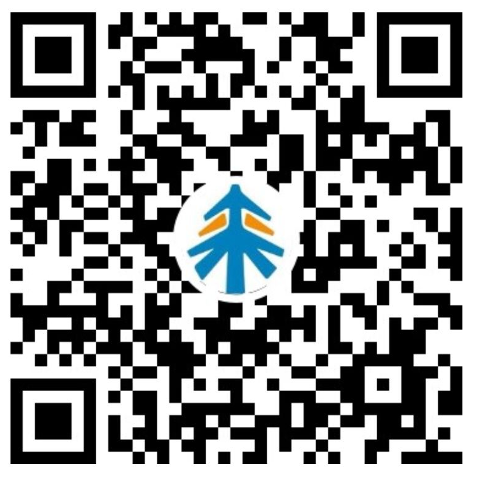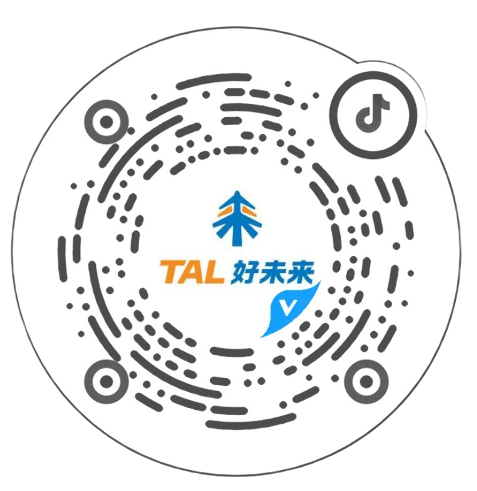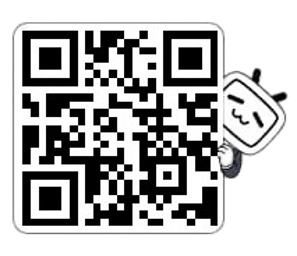




It is reported that the survey was conducted by Dr. Claire Dembry, Chief Researcher of Cambridge, and the Cambridge University Press Language Research and Teacher Development team for a period of 10 months. The survey covered 15 cities with a total of 10,118 students and 929 teachers participating in online questionnaire surveys. In addition, 470 people from Beijing, Shanghai, and Guangzhou participated in offline focus group interviews.

Based on the current status and development trend of English learning in primary and secondary schools, the "White Paper" conducts an in-depth analysis of the current English education environment in China. It also points out that, in addition to language teaching, the development of thinking abilities, more personalized teaching goals, and teaching methods will become the focus of future English teaching.

Chief Researcher Dr. Dembry interviews young children with the help of drawings.
Each international English standard has its own strengths. "European Common Framework" as a language learning standard for non-native learners, has been widely adopted by various countries around the world. It was initially established for adult cross-border employment, but in recent years, it has been further enriched and refined for language learning standards for learners aged 7-15. It is widely favored by private schools and extracurricular training institutions in China.
The data from the "White Paper" shows that 41% of students indicate that the materials they are currently studying are based on the European Common Framework. The percentage is as high as 82% in first-tier cities.
In a survey conducted for the "White Paper," 70% of children drew themselves with a smile, while only 3% of the students' self-portraits showed a clear negative expression.
The "White Paper" survey concluded that most children find the process of learning English under the European Common Framework system enjoyable.

Students' responses to the question "What are your feelings in the European Common Framework program?" during the interview
From next year, the English exam for the Beijing Senior High School Entrance Examination will include listening and speaking, accounting for 40% of the total score. This indicates that language learning abilities are increasingly emphasized in assessments.
The "White Paper" suggests that teachers should pay more attention to cultivating students' writing and speaking abilities in the classroom, and that grammar and other content should be understood through the use of language, rather than simply through teaching and memorization.

Students' ranking of the difficulty of language learning content: Writing is much more difficult than the other, with grammar ranking second.
In the future, the trend of English learning will shift from a knowledge-based teaching evaluation system centered on vocabulary and grammar to a more ability-based teaching and evaluation system. Critical thinking and creative thinking, emphasized as core competencies for Chinese students' development, will help students achieve language output more effectively.
Under the concept of "technology + education," online education is becoming more popular due to its ability to overcome time and geographical restrictions. According to the data from the "White Paper," 30% of surveyed students choose to study English with online foreign teachers in addition to classroom learning.
Another survey cited in the "White Paper" shows that students who learn languages through a "combination of online and offline" method are able to achieve a higher level of language ability in the European Common Framework than those who learn purely offline or online. The blended learning approach is becoming a new trend in language learning.
The "White Paper" also points out that the current hot topics in the education industry, such as "flipped classrooms, online foreign teachers, and English learning apps," have injected more technological elements into learning, improving students' learning efficiency and interest. Therefore, English training that focuses on personalized teaching and uses educational technology as a means will become a development priority.
As the author of the European Common Framework for English, the Cambridge University Press has been dedicated to providing continuous help and support to English language learners worldwide. This release of the "White Paper" is another major investment by Cambridge in English learners in China, aiming to promote the healthy development of the English education industry in China.
As a long-term strategic partner of Cambridge, Xueersi English provided a large number of samples for this survey and will carry out comprehensive and in-depth cooperation with Cambridge in the future. Together with Cambridge, it aims to endow students with lifelong abilities beyond knowledge and achievements.